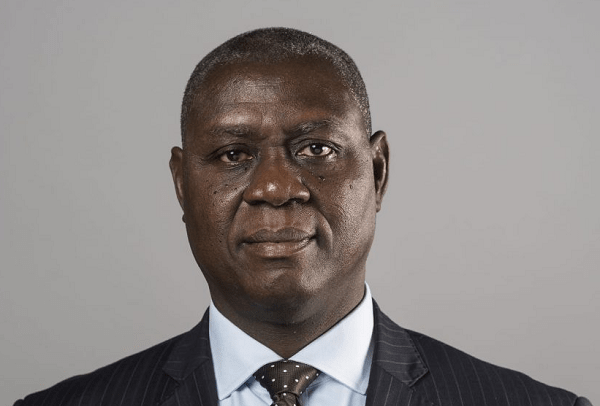Chief Justice Anin-Yeboah
The Chief Justice, Justice Anin-Yeboah, has reiterated the need for judgments and orders emanating from the courts in Ghana to be criticised constructively instead of aiming verbal attacks on judges who deliver the judgments.
According to him, the judiciary is not immune to criticism, but rather needs it to enable it to be more responsive to the justice delivery requirements of the public and other places of the nation’s democracy.
He, however, underscored the need for such criticisms to be done within the confines of the law in order not to pervert the course of justice delivery.
“While underlining the freedom of the public in general and interest groups particularly to criticise the judiciary, I wish to reiterate that this should always be done within the confines of the law. Freedoms everywhere have no absolute value; simply put freedom of speech has its limits. This is an incontestable fact and we should all bear in mind when dealing with institutions of state like the judiciary.”
Justice Anin-Yeboah was speaking at the 41st Annual General Meeting of the Association of Magistrates and Judges of Ghana (AMJG) in Accra yesterday. It was under the theme: “Maintaining the integrity of the Judiciary amidst the Challenges of Democratic Rights and Freedoms.”
The Chief Justice indicated that the judiciary cannot forbid people from expressing their sentiments in the public sphere, but unsubstantiated and wild allegations against judges, physical and verbal threats and attacks on judges are tantamount to attacks of perverting the course of justice.
“These must not be countenanced as it tends to erode the respect and success we have chalked in our democratic change to the admiration of the international community,” he added.
He called on the AMJG to help educate its members to understand and maintain cordial relationship with members of the Bench, the Bar and the entire judicial staff and the public, as judges’ jurisdiction to adjudicate is invoked by the public.
Justice Anin-Yeboah stated that the judiciary like all other institutions of state exists for the sake of the people’s welfare, and judges cannot afford to disappoint or fail them.
“This is the real challenge we must endeavour to address, bearing in mind that the ultimate goal of democracy is the enjoyment of all human rights and freedoms by the people within the confines of the law,” he added.
President of AMJG, Justice Henry Anthony Kwofie, bemoaned the incessant and unjustified attacks on judges and the judiciary in recent times, indicating that “even judgments of the highest court of the land – the Supreme Court have been attacked and the judges who delivered the said judgments have not been spared either.”
He said the association must not be understood to be against criticisms of judges or the judiciary, but evaluating or analysing judges and their judgments should be focused on how judges apply the law to arrive at a result or decision, and not simply on what the result must be or which of the party to the litigation the decision favours.
Justice Kwofie disclosed that the judiciary has taken note of recent infrastructural development being undertaken by government through the District Assemblies Common Funds, including the construction of 20 town houses for Court of Appeal judges, which have been completed in Kumasi in the Ashanti Region.
He, however, called for “something urgent to be done about the Cape Coast Court”, which he said is not fit for purpose and has become a danger to the judges and court users.
BY Gibril Abdul Razak


